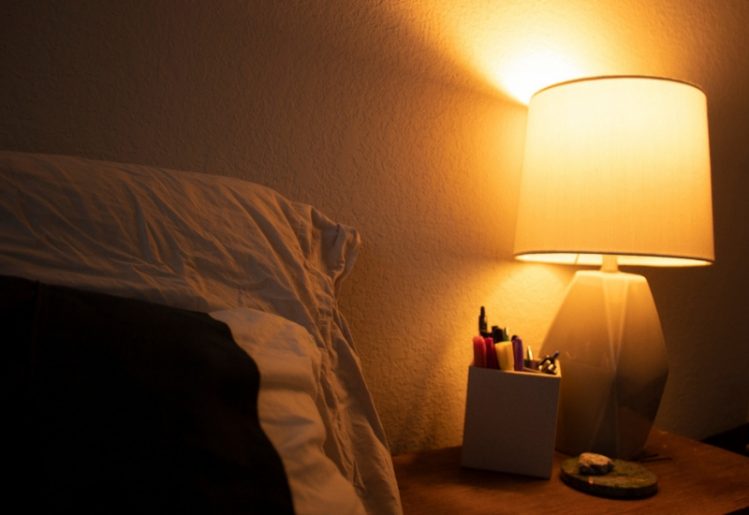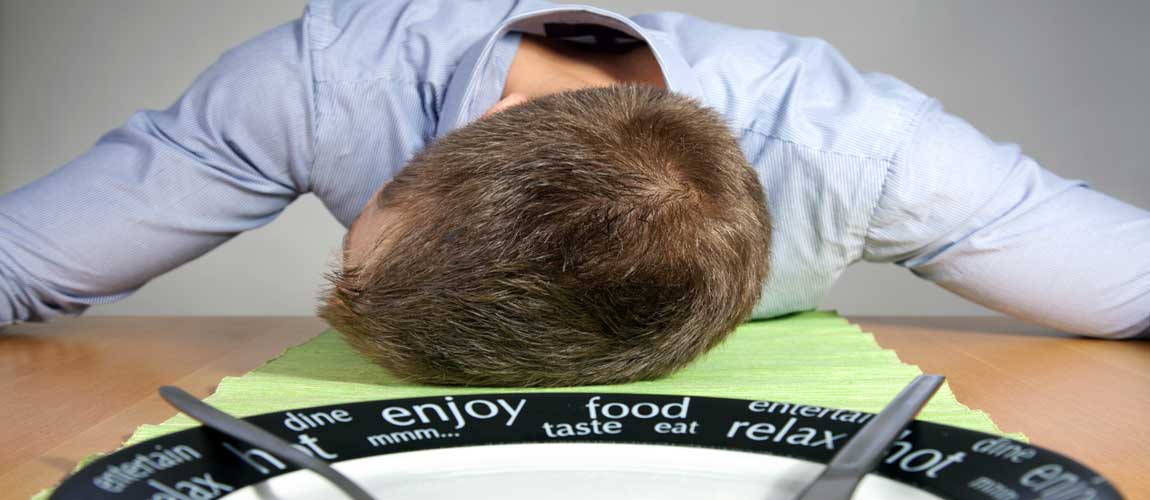Even though research into the link between sleep and the immune system is still in its early phase, we have already learned that there is definitely an important correlation. While sleep will benefit your immune system, stress and other factors can still keep you from getting enough rest. These six proven tips can help you get better sleep.
How Are Sleep And Immunity Related?
 Most people know that they’re more likely to get sick when they’re not well rested, but research into this area has uncovered some biological reasons for that link. In one study, researchers compared the immune system’s T cells in well-rested subjects to the T cells of subjects who were prohibited from sleeping. They found fewer T cells present in the blood of well-rested subjects, which led them to believe the resting state provides an opportunity for the T cells to be sent to the lymph nodes. Once there, the T cells are assigned to a specific immune response function to help fight off disease or infection.
Most people know that they’re more likely to get sick when they’re not well rested, but research into this area has uncovered some biological reasons for that link. In one study, researchers compared the immune system’s T cells in well-rested subjects to the T cells of subjects who were prohibited from sleeping. They found fewer T cells present in the blood of well-rested subjects, which led them to believe the resting state provides an opportunity for the T cells to be sent to the lymph nodes. Once there, the T cells are assigned to a specific immune response function to help fight off disease or infection.
Research has also found that people who do get enough rest have a higher quantity of memory T cells, which are cells that have the capability of recognizing illnesses that the individual has had previously. Since the T cells are familiar with specific illnesses, they already know how to fight and eliminate those threats to the individual’s health.
Lack of Sleep Harms Your Health in Other Ways
A lack of quality sleep leads to a number of specific health problems as well. One example is the link between insufficient sleep and an increased risk for obesity. During sleep, the body produces a hormone called leptin, which reduces hunger cravings and helps the body burn stored fat for energy. This is why people who don’t sleep well also tend to overeat and struggle with losing fat.
The risk of obesity goes hand in hand with an increased risk of developing type 2 diabetes, because more stored fat inhibits the body’s ability to produce enough insulin to push fat to the cells. Additionally, insufficient sleep causes the body to produce cortisol, a stress hormone. One of the effects that cortisol has on the body is to make the cells more resistant to insulin, which contributes to the risk of developing type 2 diabetes.
Research has also found that inadequate sleep can increase the risk of heart disease. In one study, a research team examined the heart health of 4,000 subjects with no previous heart conditions. The subjects who were deprived of sleep exhibited a more pronounced build-up of arterial plaque than those who were permitted to get seven hours of quality sleep each night. These results were consistent, regardless of age, gender, smoking and dietary habits.
What Can You Do to Get Better Sleep?
Many researchers believe there are more undiscovered health benefits that result when we get better sleep. While one night of poor sleep may not have a lasting impact on your health, consistently experiencing sleep difficulties will negatively impact you in a variety of ways. These tips for getting better sleep can help you resolve the difficulties you’re having, so you’ll fall asleep faster and sleep through the night.
Reduce Caffeine Intake
People expose themselves to stimulants consistently throughout the day even more so than they may realize. While you may know that caffeine is a stimulant, you may not know that it can take up to six hours to leave your system. Having your last cup of coffee, tea or soda in the early afternoon hours will provide enough time for the stimulant to dissipate so you can get the rest you need.
Shut Down Early
The screens on electronic devices give off a blue light that interferes with the brain’s circadian rhythm, or biological clock. The light tricks the brain into thinking it’s still daytime, so the release of the hormone that cause sleepiness, melatonin, is inhibited. Sleep researchers recommend shutting down computers and mobile devices at least one hour before bedtime. This will give your brain the time it needs to adjust to the transition from day into night.
Check Your Bedding
The comfort of your sleeping quarters cannot be underestimated when it comes to getting enough quality sleep. A poor mattress, scratchy blankets or worn pillows can interfere with your ability to get to sleep and stay asleep. You can cut corners in any other area of your home’s furnishings, but the bedroom is one place where you should pamper yourself. You’ll be amazed by the difference that a new mattress or softer sheets can provide.
Set the Mood
 Your environment is just as important as your bedding when it comes to creating a sleep-friendly atmosphere. If you notice excess lighting spilling into your bedroom from a window or from the corridor, it may be helpful to wear a sleep mask. Similarly, wearing earplugs, or noise-canceling earmuffs, to bed can keep noises from waking you in the night.
Your environment is just as important as your bedding when it comes to creating a sleep-friendly atmosphere. If you notice excess lighting spilling into your bedroom from a window or from the corridor, it may be helpful to wear a sleep mask. Similarly, wearing earplugs, or noise-canceling earmuffs, to bed can keep noises from waking you in the night.
You may also find that your room is too warm. Researchers have learned that people sleep better in cooler temperatures, so they recommend setting the thermostat at 60 to 65 degrees at night if possible.
Take Time to Relax
It can also be helpful to find a relaxing hobby to engage in just before bed. Once you power down your electronic devices, use that hour to take a relaxing bath or practice yoga. You can listen to soothing music while you engage in these activities to help your mind get into a more relaxed state. If you don’t feel relaxed by practicing yoga, you can engage in another form of exercise, or find a hobby that relaxes you, such as reading a good book. The activities you choose are up to you as long as you find them relaxing.
Take a Melatonin Supplement
If all else fails, it could be helpful to take a high-quality melatonin supplement before bedtime. Studies have shown that supplementing with melatonin can help people with insomnia to fall asleep faster. Taking a pulsatile-release melatonin formula will help you to fall asleep more quickly and promote a restful sleep throughout the night.


